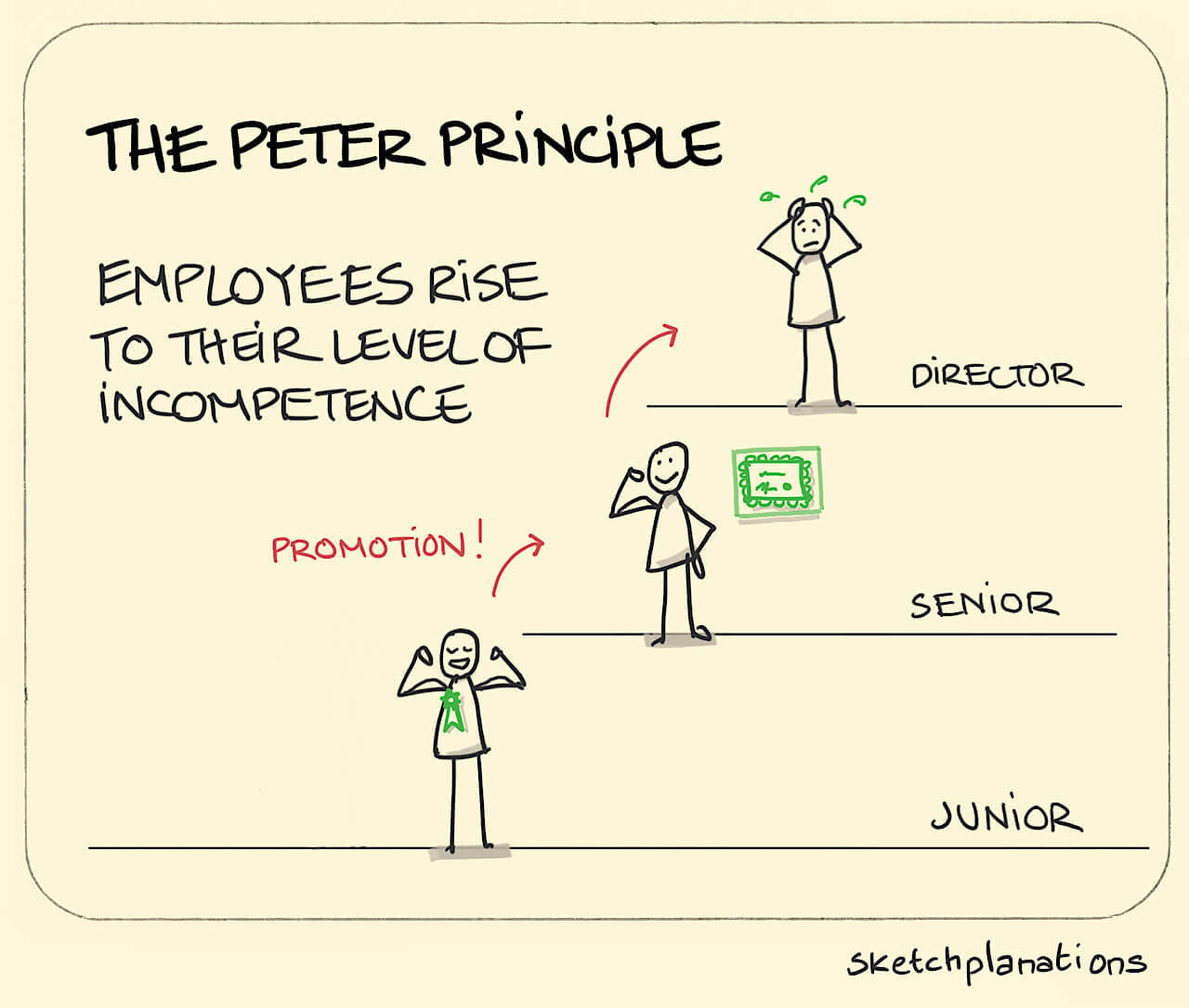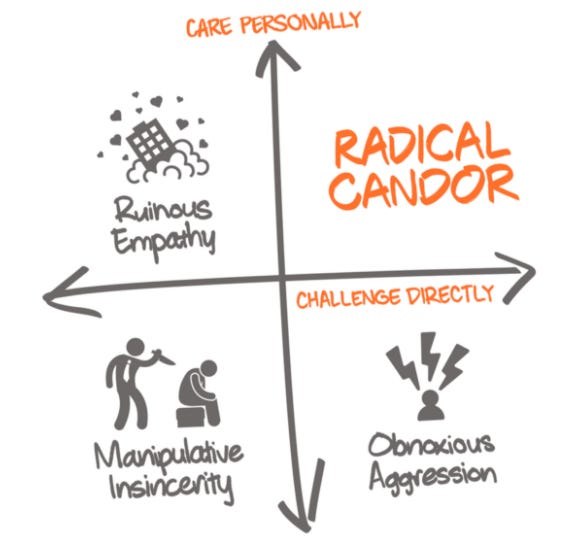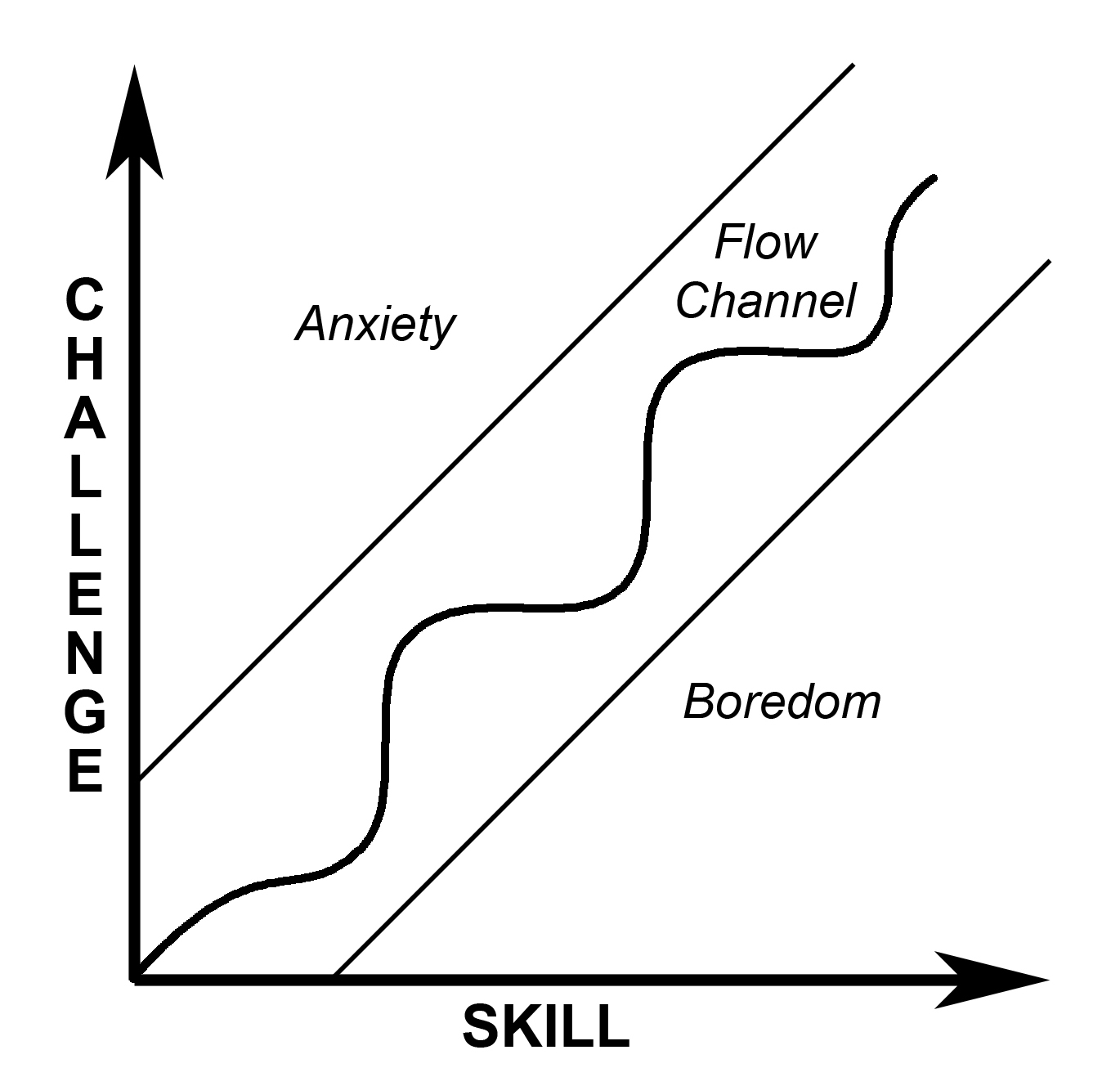
Here’s a depressing fact: people get promoted to the level of their incompetence. This phenomenon even has an official name — the Peter principle (sorry, Peter).
One of the most common ways in which this happens is when strong individual contributors (ICs) get promoted to manager. As an IC, you are rewarded for learning new skills and growing your own contributions. As a manager, you need to pass the torch, and unlearn key habits that helped you succeed in your past life. It’s a classic “what got you here, won’t get you there”.
I’ve taken many tumbles since I’ve started managing PMs. This is my overdue letter to (new) managers, and to those who find themselves managed by them.
Management cold start
The best way to ease into management is to start by managing someone who is like you. By managing an earlier version of yourself, you can apply what you’ve already mastered: how to manage yourself. This is preferable when you have a choice in who you manage.
There is a big difference between unlocking high performance in yourself vs. unlocking that in others. You implicitly trust yourself, but you need to earn it from others. It doesn’t come with a title. If anything, managers are generally regarded suspiciously. Trust is consistency over time.
Everyone can be a cheerleader when times are rosy. The defining moments arrive when they get rocky. How do you support someone and give them the feedback they need to get better?
Kim Scott has a great 2×2 illustrating the balance of challenging directly and caring personally. A great manager does both, although I think this actually applies to any productive relationship.
Challenging directly means telling people when their work is not good enough and helping them get better. Caring personally means showing people you care about them beyond the work they do. This all sounds very obvious, but striking the right balance in the right situation is surprisingly difficult. It’s much easier to pull your punches and not get your message across, or be overly combative if you’re having a bad day.
What’s interesting is that challenging and caring reinforce each other for the better. Feedback is measured at the ear of the recipient. By understanding what matters to people, you can deliver feedback in a way that inspires action. It also highlights that being demanding and supportive is not opposite ends of a spectrum.
Most managers occupy the less flattering quadrants. 🙂 I’m much better at challenging directly than showing that I care personally because that’s how I treat myself, but I’m slowly inching towards radical candor. We start managing others the way we manage ourselves, but to do better, we need to learn new tools and use them adaptively.
The basics
The new reality of being a manager is that your individual outcome no longer matters. It’s all about your team’s outcomes. There are two ways to improve your team’s outcomes: training and motivation.
When you’re training someone to do something they’ve never done before, the simple playbook is: do it once for them, do it once together, then have them do it on their own with your feedback. Model it, teach it, then coach on an ongoing basis. The biggest mistakes I’ve made are stepping back too soon for fear of annoying the other person, or staying close to the work and not sharing why.
Stepping back too soon before someone is ready means they will likely flounder, and you will have to swoop in and help. This belated move tends to damage the person’s self-esteem and reputation with others.
Instead, start by staying close to the work, and set that expectation upfront. You need to make it clear you’re setting them up for success because you believe in them. This also works well in reverse: an effective way to manage up is to tell your manager what you need from them or others to succeed. Most managers are well-intentioned and are just feeling in the dark.
Your level of direct involvement should vary based on their task-relevant maturity. A concept pioneered by Andy Grove, task-relevant maturity refers to how experienced people are at doing the task at hand. Someone can be a data wizard but have limited experience making ambiguous decisions. You can infer this based on their actual experience, and update your priors as you observe their work.
For those with high task-relevant maturity, your time is better spent asking questions that push their thinking, rather than feeding them answers.
Game design and dream architect
Increasing motivation is part game design and part dream architect (à la Inception). In game design, you adjust the level of challenge based on the player’s skills to keep them in flow.
To be a great manager, you need to be a masterful game designer. You create and tailor opportunities based on where people want to take their careers. You also onboard them to new levels, and connect it to the larger mission.
In Inception, the dream architect creates the environment in which all players occupy. Managing a large team, or founding and scaling a company involves architecting a thrilling environment for others to dream in. This is also the way to cultivate missionaries, not mercenaries.
I consider this advanced management. Very few are able to do this. It takes practice, finesse, and caring deeply about people because opportunities don’t usually fall out of the sky, they take time and social capital to build. Without this, the best talent will grow disillusioned, and leave for greener pastures.
Value add disease
One of the pitfalls of managing is contracting value add disease, the compulsion to look for things to change, anything, to feel like you’ve done your job.
Once upon a time, a video game design team created a flying duck around the main character. The manager approved the character on one condition: the duck had to be removed. The “duck” is actually a placeholder for features that are meant to be sacrificed to appease managers who have value add disease.
I think this stems from insecurities and a desire to hold onto the IC glory days. Ironically, building teams that do great work without your intervention is the best kind of value to add. You want self-sufficient teams… and no, this won’t make you obsolete because there’s always new horizons to chase.
There’s a saying that great managers take longer vacations because their teams have the tools to make good decisions in their absence.
Power
Shake Shack’s Danny Meyer has a memorable analogy in his autobiography. He describes managerial power as a fire. This fire can be used as a torch to light the way into the great unknown, as a warm campfire after a long day, as a bonfire to celebrate big wins, as fire in people’s belly to encourage them to reach greater heights, and as scorching flames that burn those around you.
The best managers know how to adapt their fire to the situation.
Great resources
While nothing replaces real experience, there are a number of great resources that have helped me jump the learning curve. Here are my favorites:
-
The Making of a Manager: What to Do When Everyone Looks to You
-
Radical Candor: Be a Kick-Ass Boss Without Losing Your Humanity
-
Trillion Dollar Coach: The Leadership Playbook of Silicon Valley’s Bill Campbell
-
The Ride of a Lifetime: Lessons Learned from 15 Years as CEO of the Walt Disney Company
If you enjoyed this post, subscribe below 👇 and share with a friend ❤️
Thanks for reading!


